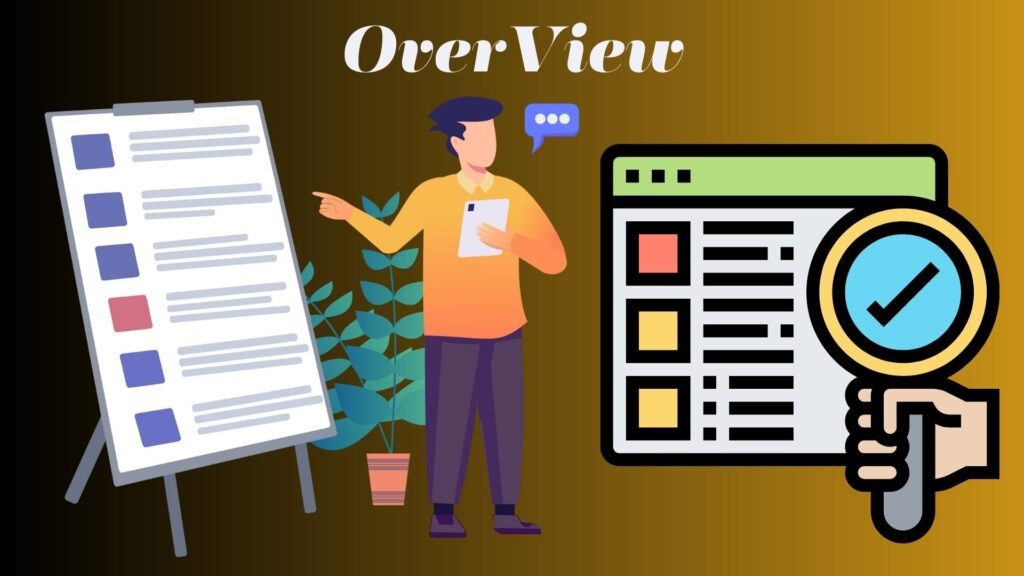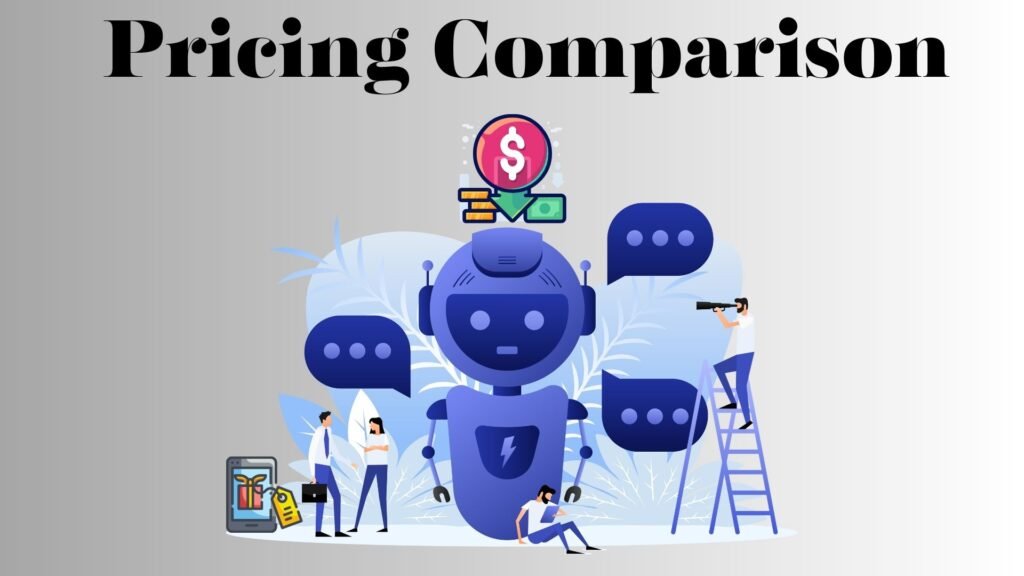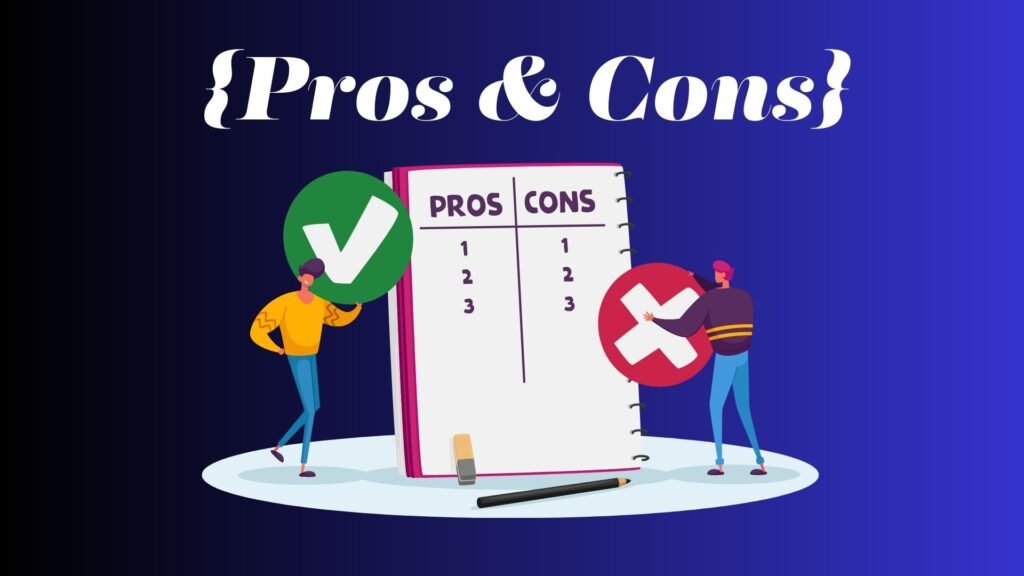In the grand online universe of learning and knowledge, there exist two constellations that shine brighter than most: Udacity and Coursera. As pioneers in their field, they’ve transformed the way we learn, unlocking the vast potential of online education.
But like two rival siblings, they pose a dilemma – which one to pick? Time to demystify these champions of education in our no-stone-unturned comparison: Udacity vs Coursera.
Overview of Udacity and Coursera

Udacity: The Silicon Valley Whizz
Incepted within the prestigious corridors of Stanford University, Udacity has blossomed into a formidable force in the e-learning universe. Its Udacity’s courses, or Nanodegrees as they’re called, focus on building specific skills in the domains of computer science, data science, artificial intelligence, and machine learning.
Coursera: The Ivy League Conqueror
Co-founded by Stanford professors, Coursera embarked on its journey with a mission to offer access to world-class education to everyone, everywhere. Its partnerships with leading universities worldwide (including the renowned University of Michigan) have resulted in an impressive array of online courses, professional certificates, and online degrees, with a wide range of free courses to boot!
Pricing Showdown: Udacity vs Coursera

For those itching to get some value for their money, here’s how the two giants in the Udacity vs Coursera matchup stack up in terms of pricing. While both platforms offer free trials to get you hooked, their premium offerings are what really set them apart in the Udacity vs Coursera comparison.
Udacity’s Pricing Strategy
Udacity uses a monthly subscription model for their premium offerings, namely:
- Udacity Nanodegree programs: $399 per month
- Udacity Individual courses: $199-$299
If you’re thinking about enrolling in one of Udacity’s Nanodegrees, keep in mind that these programs usually take around 3-4 months to complete.
Coursera’s Pricing Strategy
Coursera, on the other hand, offers a range of pricing options across their vast course catalog:
- Coursera Plus subscription: $399 per year
- Coursera Individual courses: $49-$79
- Coursera Specializations: $49-$99
- Coursera MasterTrack programs: $1,000-$25,000
Comparison Table: Udacity vs Coursera Pricing
| Pricing Aspect | Udacity | Coursera |
|---|---|---|
| Monthly Subscription | $399 (for Nanodegrees) | N/A |
| Annual Subscription | N/A | $399 (Coursera Plus) |
| Individual Courses | $199-$299 | $49-$79 |
| Specializations/ Nanodegrees | $399 per month | $49-$99 per month |
| MasterTrack Programs | N/A | $1,000-$25,000 |
Continuing from here, the rest of your article can further explore the features, pros & cons, customer support, and alternatives of both platforms in the Udacity vs Coursera discussion, always remembering to include your focus keywords as naturally as possible within the text.
At the end of your article, offer a summarizing conclusion that emphasizes the core points from each section, helping your readers make an informed decision based on their learning needs and preferences in the Udacity vs Coursera choice.
Feature Face-off: Udacity vs Coursera

The heart of any online learning platform lies in its features. These define the learning experience, steering you towards or away from a particular platform in the Udacity vs Coursera debate. Let’s see how Udacity and Coursera square up!
Udacity: The Career Launchpad
One of Udacity’s standout features is its focus on career services. They’ve baked in career coaching into their programs, helping learners prepare for the competitive job market. Moreover, their project-based learning approach ensures learners develop practical, industry-relevant skills.
- Project-based Learning: Every Udacity’s course integrates projects that emulate real-world scenarios, ensuring you can apply your newly learned skills immediately.
- Mentor Support: To guide you through these projects and any learning hurdles, Udacity offers personalized mentorship – your very own Yoda in the world of tech!
- Career Services: Udacity goes a step further with career support services, offering resume reviews, LinkedIn profile critiques, and even GitHub portfolio reviews.
Coursera: The Academic Goldmine
Coursera shines with its comprehensive academic-oriented course structure, thanks to its collaborations with universities. From interactive exercises to peer-graded assignments, Coursera’s features are built to provide a robust learning experience.
- Diverse Course Catalog: Whether it’s artificial intelligence or philosophy you’re interested in, chances are Coursera’s courses have got you covered.
- Interactive Quizzes: Learning is cemented through practice, and Coursera’s interactive quizzes ensure you get plenty of it.
- Discussion Forums: Stuck on a problem? Have insights to share? Coursera’s discussion forums are vibrant spaces for learners to connect and collaborate.
Comparison Table: Udacity’s Features vs Coursera’s Features
| Feature | Udacity | Coursera |
|---|---|---|
| Career Services | Yes | No |
| Interactive Quizzes | Yes | Yes |
| Project-Based Learning | Yes | Depends on Course |
| Mentor Support | Yes | No |
| Course Diversity | Tech-Focused | Wide Variety |
Pros and Cons: Udacity vs Coursera

Every platform comes with its strengths and weaknesses. Here’s a quick roundup of what works and what might work against you when opting for Udacity or Coursera:
Udacity’s Pros and Cons
- Pros:
- Specific Skill-Based Learning: Udacity’s tech-centric, project-based approach to learning ensures you walk away with practical, industry-specific skills.
- Career Services: Their career services are a blessing for those trying to break into the tech industry.
- Cons:
- Limited Course Variety: Their focus on tech-centric disciplines might be a turn-off for those interested in other fields.
- Higher Cost: The high cost of Nanodegrees might be prohibitive for some learners.
Coursera’s Pros and Cons
- Pros:
- Vast Course Catalog: Coursera’s extensive course catalog, offering everything from arts to computer science, is an educational treasure trove.
- Academic Rigor: With courses from renowned universities like the University of Michigan, Coursera brings academic rigor to the online learning landscape.
- Cons:
- Varied Course Quality: Given the vast number of courses on Coursera, quality may vary across offerings.
- Lack of Personal Mentorship: Unlike Udacity, Coursera does not offer personalized mentorship.
Interactive Capabilities: The Power of User Experience

The real feel of an online learning platform comes alive through its interactive features. How engaging is the course content? How easy is it to track your progress? Let’s discover!
Udacity’s Interactive Elements
- Interactive Quizzes: Udacity reinforces learning through quizzes, providing immediate feedback.
- Real-world Projects: Projects built into every nanodegree let you apply what you’ve learned.
- Knowledge Checks: These help ensure you’ve fully understood a topic before moving on.
- Progress Tracker: Udacity’s user interface includes a progress tracker, so you’re always aware of how far you’ve come and what’s left to cover.
Coursera’s Interactive Elements
- Interactive Quizzes: Similar to Udacity, Coursera bolsters learning with quizzes and provides instant feedback.
- Peer-graded Assignments: Coursera offers peer-graded assignments in some courses, allowing for collaborative learning.
- Downloadable Videos: Learning on the go is made easy with downloadable course videos.
- Subtitles: For non-native English speakers, or those who prefer reading along, subtitles in various languages are a major plus!
Customer Support: Udacity vs Coursera

When the chips are down, and tech issues arise, a robust customer support system can make all the difference. Here’s how Udacity and Coursera fare in this department:
| Customer Support Aspect | Udacity | Coursera |
|---|---|---|
| Live Chat | Yes | No |
| Email Support | Yes | Yes |
| Phone Support | No | No |
| Help Center (FAQs, articles, etc.) | Yes | Yes |
| Community Forum | Yes | Yes |
| 24/7 Live Chat Support | Yes | No |
| 24/7 Email Support | Yes | Yes |
While both platforms offer solid customer support, Udacity has an edge with its live chat feature. It enables learners to get instant support, a boon when you’re in the middle of a study session and hit a roadblock.
Both Udacity and Coursera have put measures in place to ensure students receive the support they need. Here’s how they stack up:
Udacity’s Customer Support
- 24/7 Live Chat Support: In the digital world, challenges don’t clock out at 5 PM. Udacity understands this well and offers round-the-clock live chat support. Whether it’s a query about a course or a technical glitch, you have a lifeline at any hour of the day.
- Email Support: There are times when you need more than a quick chat. Perhaps the issue is more complex or requires detailed guidance. That’s where Udacity’s email support steps in. They aim to resolve your problems within a 24-48 hour window, providing comprehensive solutions right in your inbox.
- Help Center: Self-help can be the fastest help! The Help Center at Udacity is packed with FAQs and articles to troubleshoot common issues. Before reaching out, this resource can often provide immediate answers.
- Community Forum: Learning thrives in a community, and Udacity’s forum offers just that. It’s a space where learners can discuss concepts, resolve doubts, and even find partners for projects. The power of peer learning, right at your fingertips!
Coursera’s Customer Support
- 24/7 Email Support: Coursera echoes Udacity’s commitment to constant support. With 24/7 email assistance, help is just an email away, be it a question about one of the courses on Coursera or a problem navigating their system.
- Help Center: Just like Udacity, Coursera also features a Help Center filled with helpful FAQs and articles. It’s a self-service portal for learners, designed to answer common questions and solve typical issues without waiting for an email response.
Interestingly, in the Udacity vs Coursera match, Coursera lacks the live chat support that Udacity offers, and it also doesn’t have a community forum.
But remember, the efficacy of customer support isn’t just about the number of channels; it’s about the quality and timeliness of the support provided. So, whether you opt for Udacity vs Coursera, rest assured, you’re in good hands!

While Udacity vs Coursera have established themselves as leaders in the online learning space, other robust contenders might fit your learning needs. These Udacity vs Coursera alternatives cater to a wide range of learning needs, from academic rigor to creative exploration.
edX: University Knowledge, Digitized
edX is an online learning platform co-founded by Harvard University and MIT. Offering university-level courses from prestigious institutions, including Stanford University and the University of Michigan, edX is perfect for those looking for academic depth and a professional certificate at the end.
LinkedIn Learning: Professional Skills Building
Formerly known as Lynda.com, LinkedIn Learning is a go-to platform for professionals. With its skill-based learning and free trials, you can quickly acquire a specific skill needed for job enhancement or change.
Khan Academy: Free Learning for All
Khan Academy stands out as a non-profit educational platform offering free, comprehensive learning resources. From school-level subjects to beginner-level computer science, everything is accessible without spending a dime.
Skillshare: Unleashing Creativity
If you’re looking to explore your creative side, Skillshare is worth exploring. Focusing on creative subjects like photography and design, it fosters learning through creative projects.
Udemy: A Marketplace of Learning
As a global learning marketplace, Udemy hosts over 150,000 courses. From data science to cooking, there’s a course for almost every interest. Plus, once you buy a course, it’s yours forever.
Pluralsight: Tech Skills in Focus
Pluralsight is a goldmine for those seeking tech-oriented courses. Covering domains like IT, software development, artificial intelligence, and machine learning, it helps you stay updated in the ever-evolving tech world.
Comparison Table: Alternatives to Udacity and Coursera
| Platform | Key Features |
|---|---|
| edX | University-Level Courses, Professional Certificates |
| LinkedIn Learning | Skill-Based Learning, Free Trials |
| Khan Academy | Free Courses, K-12 Focus |
| Skillshare | Creative Classes, Project-Based Learning |
| Udemy | Wide Variety of Courses, Lifetime Access |
| Pluralsight | Tech-Oriented Courses, Skill Assessments |
In conclusion, the choice between Udacity vs Coursera, or any of their alternatives, ultimately hinges on your learning goals, budget, and the time you can dedicate. Each platform in the Udacity vs Coursera debate offers unique advantages.
Check out our other Blogs
- What is Affiliate Marketing?
- Hustler University leaked
Final Thoughts: A Decision Between Udacity vs Coursera

In the world of digital learning, the choice between Udacity vs Coursera isn’t about selecting the objectively best platform—it’s about identifying the platform that most precisely aligns with your unique learning objectives.
Both Udacity and Coursera excel in delivering comprehensive online learning experiences. They offer a blend of relevant, marketable skills and recognized certifications that can propel your career forward. However, Udacity vs Coursera emphasizes different areas. Udacity gears towards offering tech and vocational skills through longer, project-based learning experiences. In contrast, Coursera provides a more academic approach with a broader array of courses from leading universities worldwide.
While Udacity vs Coursera is a central focus, other platforms like edX, LinkedIn Learning, Khan Academy, Skillshare, Udemy, and Pluralsight provide noteworthy alternatives. Each of these platforms offers a unique twist on online education, ranging from university-level rigor to creative skill enhancement, tech skill upgrading, or even free learning resources—leaving you with an array of options.
As we delve into the Udacity vs Coursera debate, it’s vital to understand that there’s no one-size-fits-all solution in online education. The platform you choose should reflect your personal learning goals, learning style, time availability, and budget. The variety of online platforms grants you not just access to courses or nanodegrees, but also the freedom to carve your learning journey.
Whether you’re eager to dive deep into artificial intelligence with Udacity, explore the world of social sciences on Coursera, embrace your creative side on Skillshare, or refine your data science skills on Udemy, your ideal course is merely a few clicks away.
In the grand scheme of Udacity vs Coursera, remember that it’s not just about the platform; it’s about the knowledge and skills you’ll acquire, the challenges you can overcome, and the value you can contribute to your career or personal growth. So go ahead, make your informed choice between Udacity vs Coursera or any other platform, and set sail on your learning adventure today! Embrace the joy of learning!
vantages, so aligning your choice with your goals will yield the best results. Happy Learning!
